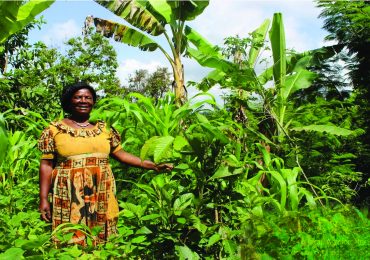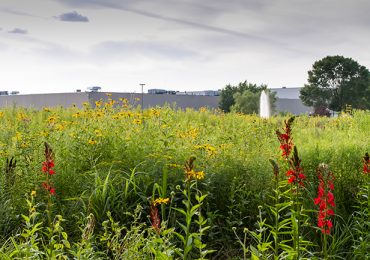Friday August 21, witnessed heavy down pour in Douala, the economic capital of Cameroon. This left denizens helpless as water had covered the streets. The devastating effects of this left Douala city dwellers in a pandemonium as navigation was made extremely difficult. To remedy the situation, citizens improvised by using canoes and old refrigerators.
Flooding has become an unavoidable re-occurrence in some cities and towns in Cameroon. Towns like: Douala, Limbe, Edea have been seriously affected by floods. Floods are generally caused by heavy rainfall, overflowing rivers, broken dams, urban drainage basins, channels with steep sides etc.
The floods swamped the city’s roads and damaged bridges. Places like Makepe Missoke, Bepanda and Mabanda were the worst affected according to media reports.
Poor drainage systems in the town are also accountable for floods. The city mayor mentioned that, the city needs 240km drainage system which does not correspond to present drainage which stands at 50km.
According to the minister of territorial administration, Paul Atanga Nji, five thousand people have been affected by the floods. He made this declaration during his visit to the affected sites on Tuesday, August 25.
Cameroon Red Cross revealed that, 5,553 people including 12600 children under 5 years of age and 407 individuals with special needs have lost shelter and personal belongings.
The re-occurrence of this natural disaster poses a threat to human lives, property, livestock which may cause untold hardship for denizens and also deterioration of health conditions owing to water bone diseases.
Similar situations are recorded in the other towns like Edea, Limbe and Far North region. The rainy season is not yet over and may cause the days ahead to be hassling for city dwellers.
Some politicians like Professor Maurice Kamto, have regarded these floods as a result of poor governance and poor town planning. Just some few months back, Buea had experienced flooding due to the fact that, houses have been contrasted on water paths, which caused the running water from the mountain, to be diverted into the streets. In places like Limbe, houses are increasingly constructed on risk zones, putting denizens at great risk.








